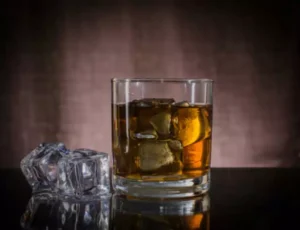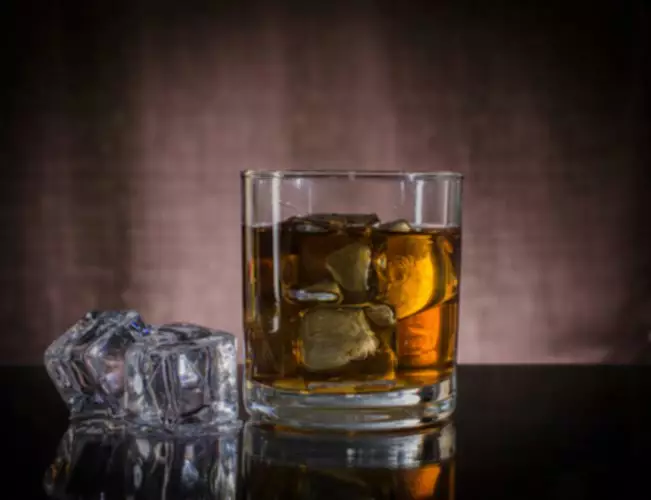
A few alcohols are less likely to trigger symptoms in people with alcohol intolerance. However, if you have alcohol intolerance, you must talk to your doctor about which alcohols are best for you to drink. Overall, it is important to be aware of the potential for beer to irritate allergies due to its sulfite content. If you experience any negative reactions after drinking beer, it is best to avoid it or choose a different type of beverage. If you are experiencing mild symptoms, you can try taking an antihistamine before drinking beer.
- Wine-intolerant persons were also more likely to report intolerance to beer and alcohol in general.
- This type of allergy occurs when an individual cannot break down sulfites, which are a byproduct of fermentation and appear in wine and other alcoholic beverages.
- Another possibility is that alcohol irritates the mucous membranes in the nose, causing them to swell and lead to sneezing.
- If you have a sensitivity or intolerance to sulfites, the reaction may increase when consuming sulfites-rich alcohol.
Supplements That Can Help With Alcohol Intolerance

Histamines are chemicals produced by the human immune system and are found in nearly all tissues of the body. While the body naturally produces histamine, we also consume it through food and drinks that are rich in histamines, including cheese, wine, meats, fish, and fermented foods. Keep reading to learn more about why you sneeze after eating and how you can prevent sneezing fits after eating in the future. Sneezing is your body’s natural reaction to irritation in your upper respiratory tract, especially your nose. If you regularly sneeze after eating, you might be wondering how something in your stomach can irritate your nose.
- While true allergies are uncommon, it is more likely that you are allergic to one of these specific ingredients.
- If this phenomenon causes significant distress or worsens over time, it is recommended to consult with a healthcare professional to rule out any underlying issues.
- Alcohol flush reaction refers to facial flushing and other uncomfortable symptoms experienced by individuals who have difficulty metabolizing alcohol.
- ALDH turns aldehyde into acetic acid, a nontoxic substance that doesn’t cause any harm.
Sneezing When You Drink Wine? 5 Common Culprits and How to Avoid Them
Like mentioned earlier, experiencing nasal congestion can make this symptom even more noticeable and painful. It is also important to note that the “beer sneezes” are not a reliable indicator of intoxication levels, and drinking and driving can be dangerous. Knowing the ingredients used to make a wine can help you make an informed decision about what kind of wine you want to drink. Tannins are astringent compounds that contribute to the bitter taste and aroma https://ecosoberhouse.com/article/marijuana-addiction-how-addictive-is-weed/ of wines. When these compounds come into contact with the nasal passages, they can create an irritation sensation which leads to a reflexive sneeze response. Studies show that red and white wine are more likely to create nasal congestion symptoms, so avoiding this type of alcohol may help.
- Sulfites can cause a range of dermatological, pulmonary, gastrointestinal, and cardiovascular symptoms.
- Sulphites are often added to wine as preservatives to keep them fresh and prevent oxidation, but they can also be created naturally during the process of winemaking.
- Cocaethylene also inhibits the reuptake of dopamine and serotonin in the brain.7 As a result, euphoric effects are heightened, which can raise the risk of addiction.
What You Can Do To Prevent Sneezing When You Drink
Some individuals may have a genetic predisposition that makes them more prone to sneezing after consuming alcohol. While further research is needed to fully understand the genetic factors involved, studies have suggested a possible link between certain Drug rehabilitation genes and alcohol-induced sneezing. Look for wines with lower histamine levels, usually white wines, organic wines or sparkling wines.
- Nausea and vomiting are common, with severe abdominal cramping and retching occurring soon after drinking.
- Beer, brown liquor, and cider contain the highest levels of sulfites among alcoholic beverages.
- Allergies to ingredients in beer, such as grains, preservatives, or histamines, can also trigger allergic reactions, including sneezing.
- These symptoms can occur almost immediately after consuming beer and should be considered severe and potentially life-threatening.
- Rinsing your nose with salt water or a saline solution will help to soothe the mucous membranes in your nose and reduce inflammation.
Why Do I Sneeze When I Drink Alcohol?

Allergic reactions to alcohol can cause symptoms such as difficulty breathing, coughing, a runny nose, or stomach upset. The symptoms are similar to those caused by histamine intolerance and can easily be confused with allergy-like symptoms. Doing a test can confirm or deny the actual cause of the alcohol intolerance. As you can imagine, this can turn quite dangerous if drunk sneezing the dizziness is severe. If you experience this particular symptom, it’s important to seek medical advice before drinking alcohol again.

Leave a Reply